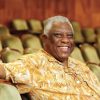he White House on Monday announced the imposition of new sanctions on various Venezuelan officials, pronouncing itself “deeply concerned by the Venezuelan government’s efforts to escalate intimidation of its political opponents”…
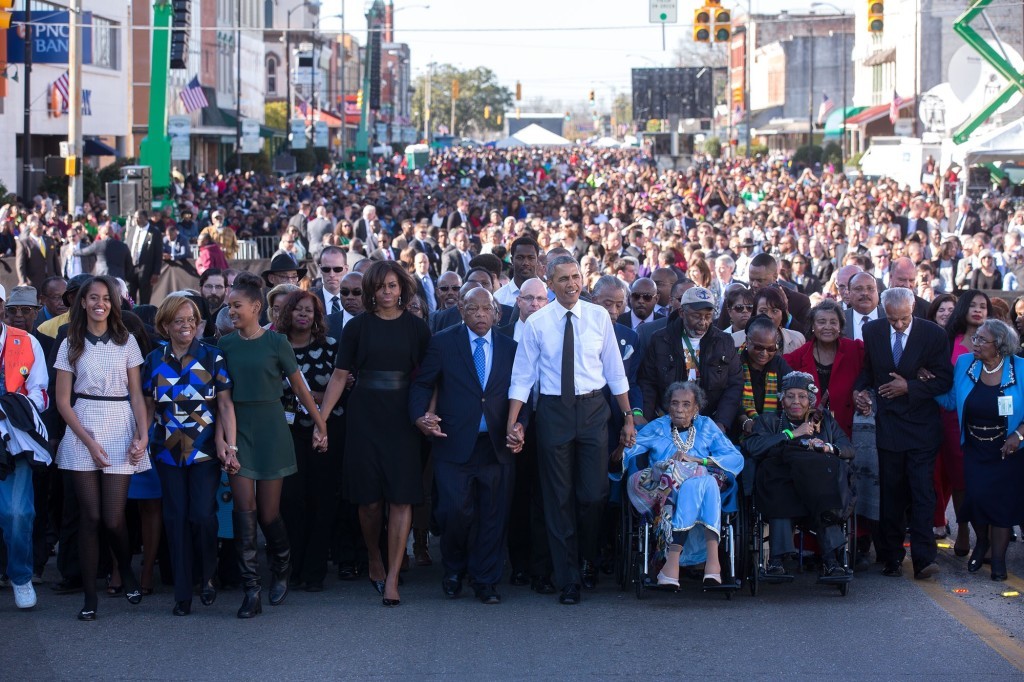
SELMA, Ala. (NNPA) – Throughout his campaign for the presidency, Barack Obama was dogged by one question: Is he Black enough? The question was repeated so often that after showing up late for an appearance at the 2008 annual convention of the National Association of Black Journalists in Las Vegas, Obama said, “I want to apologize for being late, but you guys keep asking whether I am Black enough.”
Statement: Racism is deeply embedded in our system.
Response: Don’t you dare call me a racist!
One of the obstacles to creating a less racist society is the enduring confusion over individual attitudes as distinct from social and economic policies and practices. As Arun Gupta put it recently [3], “The social practices of racism have fused with market relations, making racism rational, effortless, and invisible.”
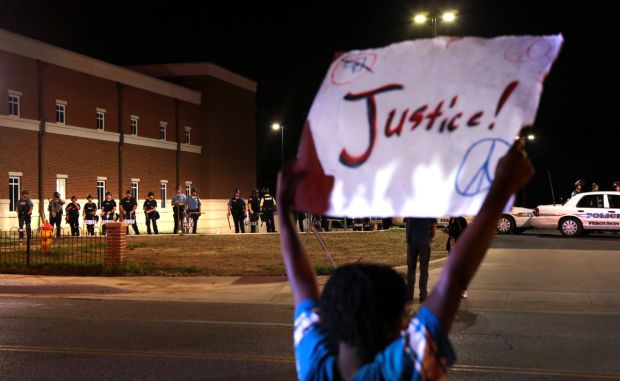
Yesterday, a few days after the US Department of Justice issued a report on the injustice in the Ferguson police department and court system, a judge at the center of the controversy was forced to resign.
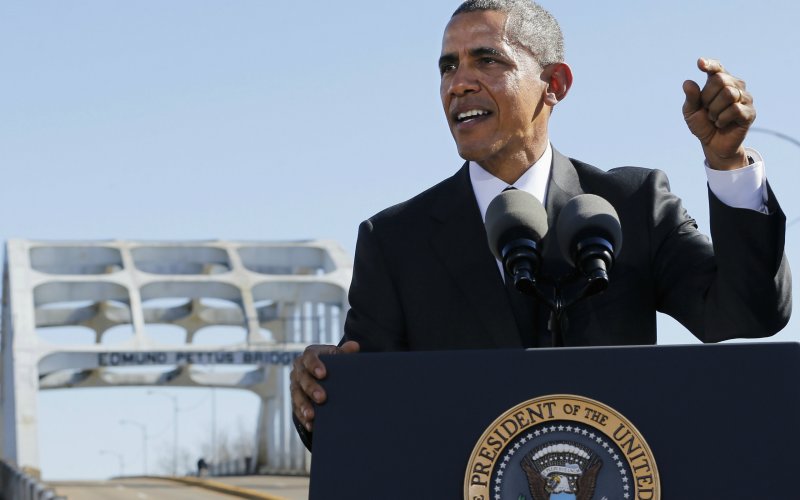
As President Obama prepared to lead marchers across the Edmund Pettus Bridge spanning the Alabama River in Selma to commemorate the 50th anniversary of that historic march for voting rights on Saturday, he said that we as a nation have many “more bridges to cross.”

Jail is not supposed to be where you put the mentally ill or those too poor to pay bail.
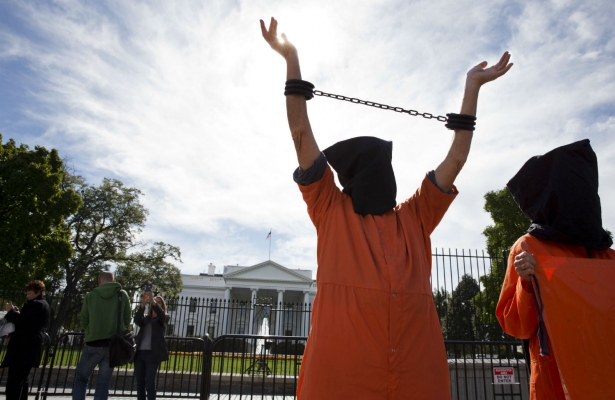
Demonstrators protest against conditions at Guantanamo Bay in front of the White House in 2014.
For the last forty years, America’s approach to criminal justice has grown steadily more punitive.

This is the seventh in a series of interviews with philosophers on race that I am conducting for The Stone. This week’s conversation is with Falguni A. Sheth, an associate professor of philosophy and political theory at Hampshire College. She is the author of “Toward a Political Philosophy of Race.” — George Yancy
In June 2012, an activist writing under the name Tarheel Dem described his arrest on May 17, 2012, with a group of other activists in advance of the NATO summit in Chicago.
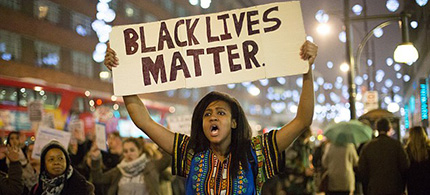
rotests over police killings of unarmed African-Americans continue to erupt across the nation, largely thanks to the organizing efforts of the Black Lives Matter movement.
Two years ago, Ben Jealous and Trabian Shorters had an idea: Young black men needed to hear from other black men about their struggle, their triumphs, their pain and their successes.










